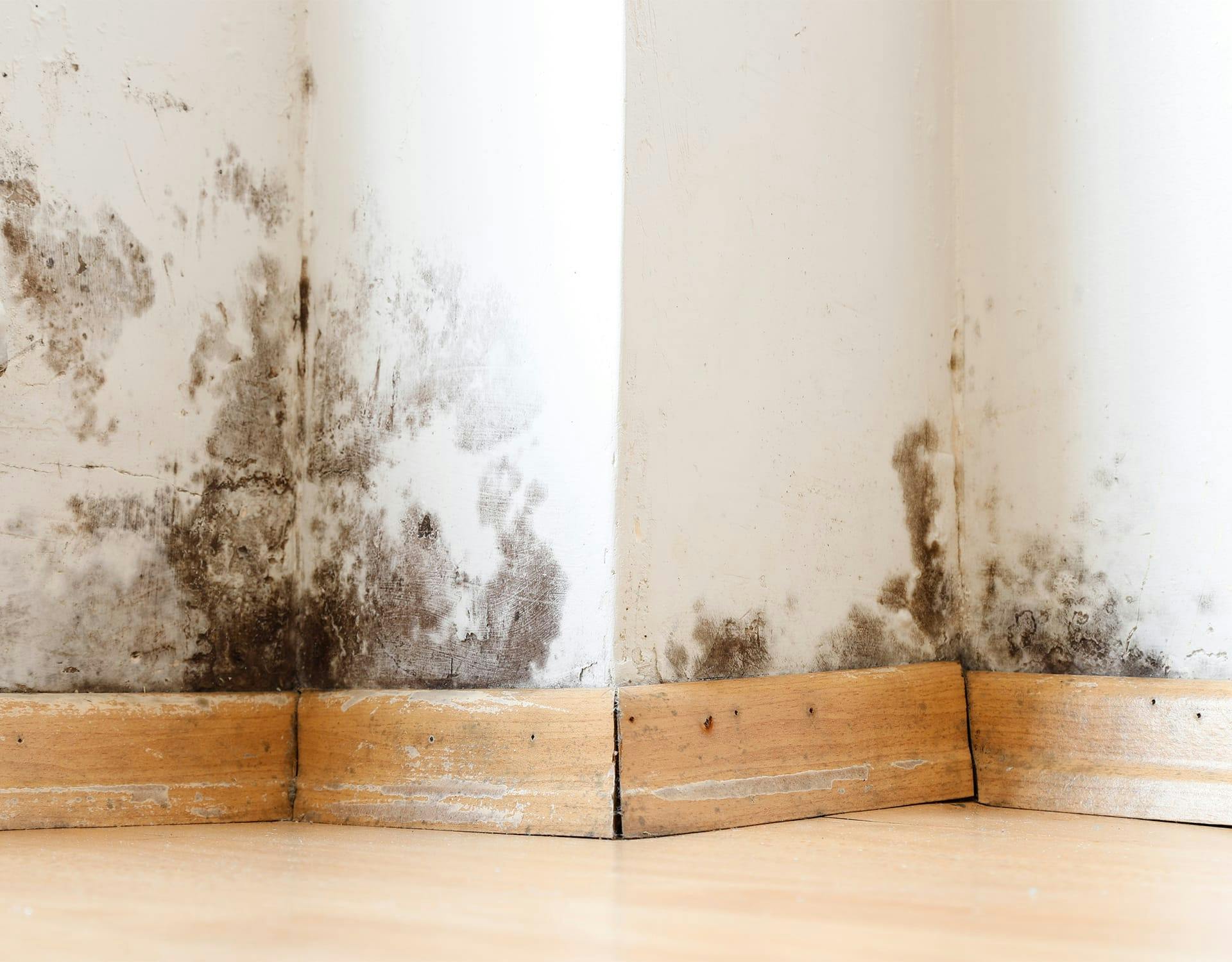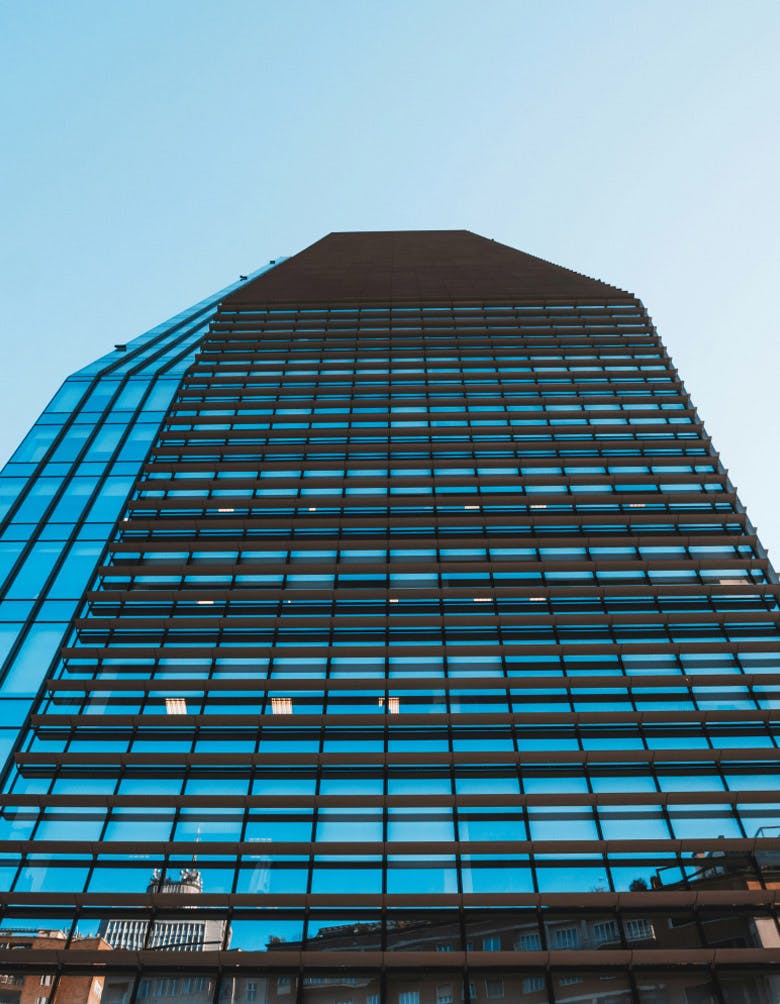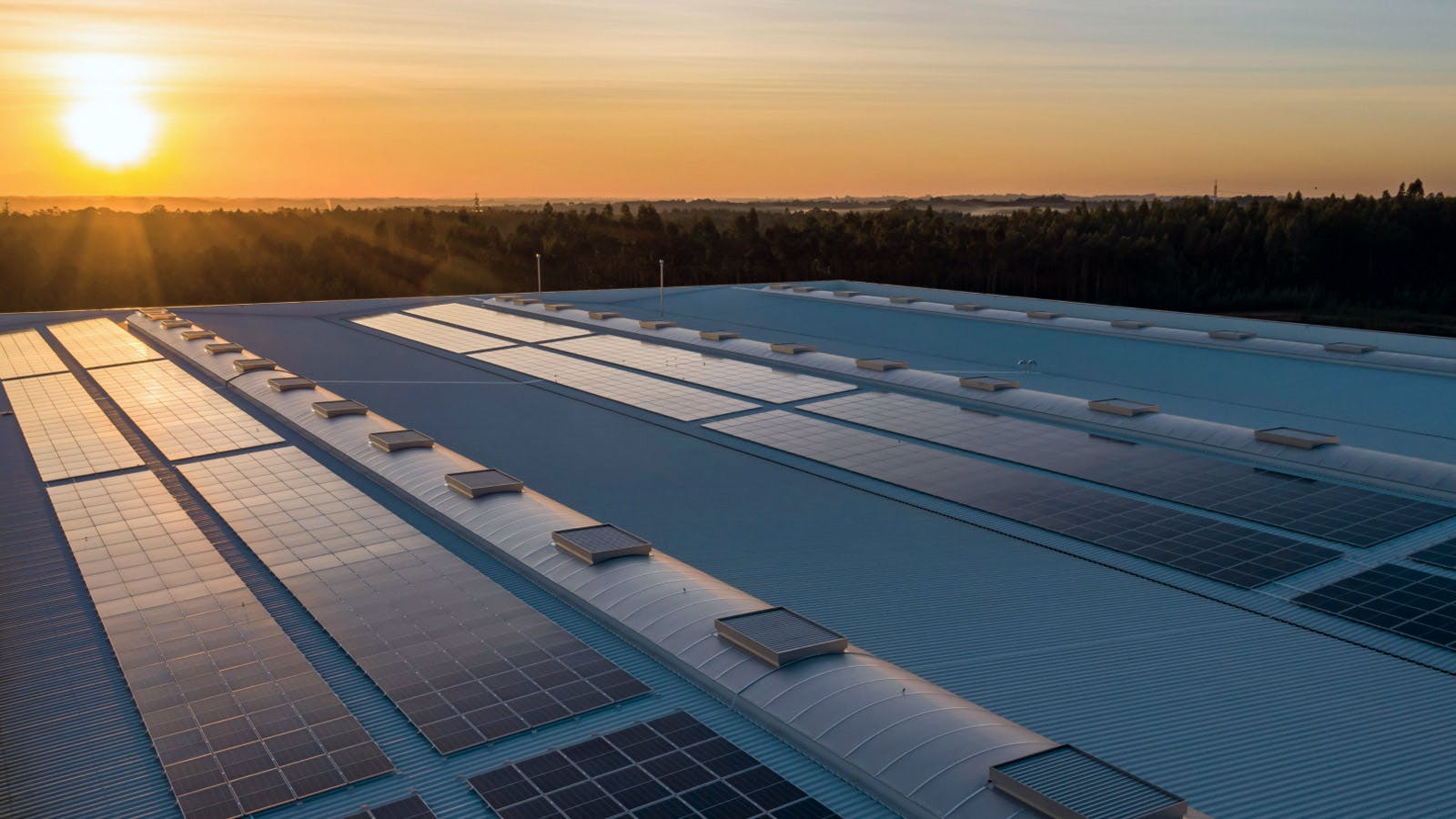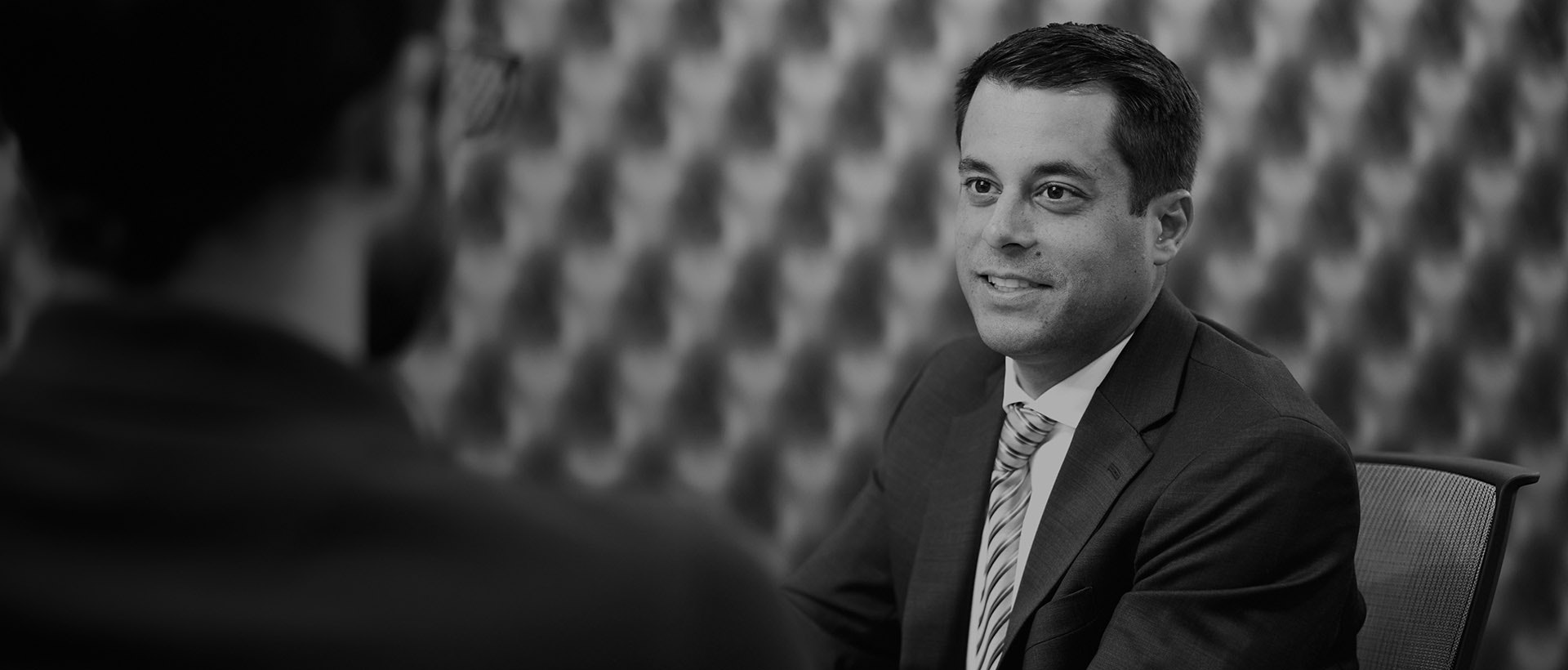Mold can cause significant property damage and serious health issues, particularly in Denver, where the climate can lead to mold growth. Our experienced mold damage lawyers understand these challenges and are here to help you obtain the compensation you deserve. Please note that we handle mold insurance claim denials for property owners only and do not take cases related to tenants.
Emotional and Psychological Effects
Residing in a home affected by mold can seriously affect mental and emotional well-being. The strain of managing health complications and property damage may contribute to heightened stress, anxiety, and even depression, ultimately diminishing overall quality of life. Resolving mold problems is essential for physical health and maintaining emotional stability and peace of mind.








